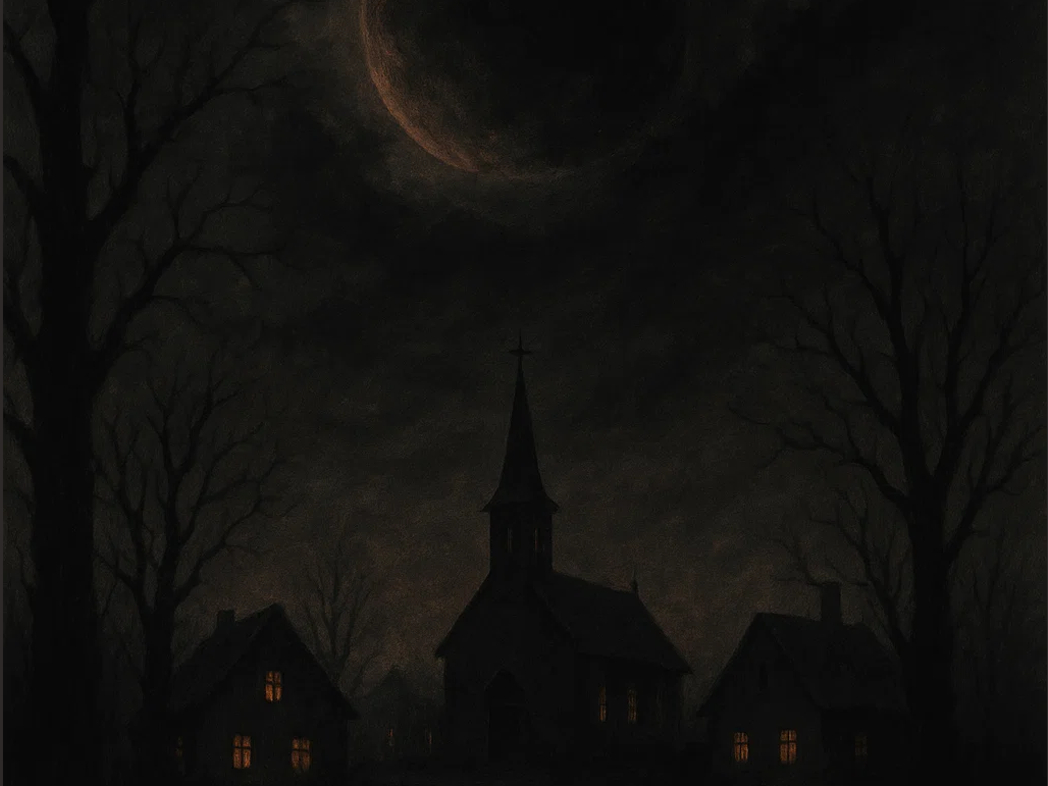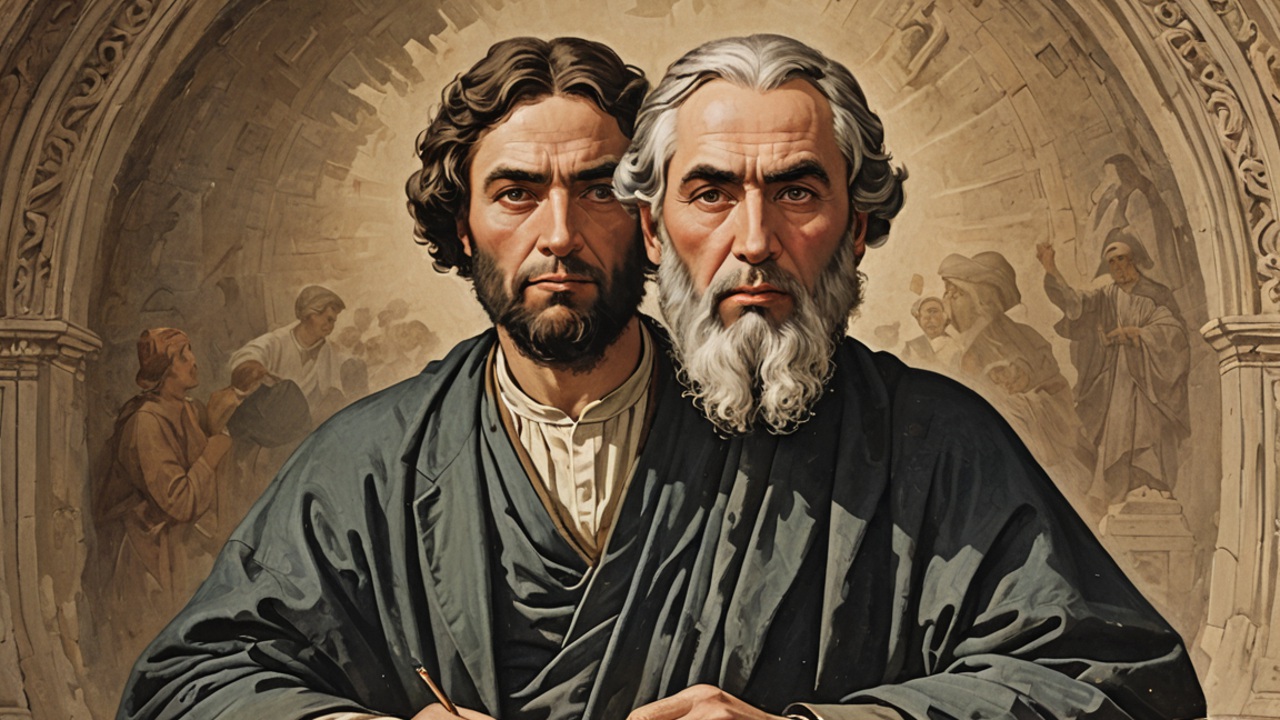Prophecy

Prophecies are predictions or statements about future events, often believed to be divinely inspired or revealed through supernatural means. Throughout history, prophecies have played significant roles in various cultures and religions, influencing beliefs, behaviors, and even political actions.
Types of Prophecies:
- Religious Prophecies:
- Many religions have foundational prophecies. For example, in Christianity, the Bible contains numerous prophecies, such as those found in the books of Daniel and Revelation, which are often interpreted as predicting events related to the end of the world or the coming of the Messiah.
- Cultural and Historical Prophecies:
- Various cultures have their own prophetic traditions. For instance, the Mayans had a prophecy about the end of their long-count calendar in 2012, which some interpreted as predicting the end of the world.
- Personal Prophecies:
- Some individuals claim to receive personal prophecies, which might predict events in their own lives or the lives of others. These are often associated with mystics, seers, or modern-day spiritual leaders.
- Literary and Allegorical Prophecies:
- Some prophecies are found in literature, where they serve as narrative devices to foreshadow events in the story. A famous example is the prophecy of Macbeth’s rise and fall in Shakespeare's play "Macbeth."
Conclusion:
Prophecies are complex and multifaceted, blending religious, cultural, and psychological elements. Their interpretations often depend on the beliefs of the individuals or societies considering them, and their significance can vary widely across different contexts. Whether viewed as divine revelations or as historical artifacts, prophecies continue to fascinate and influence people worldwide.

- Details
- By Sæbjörn Leafslayer
- Category: Prophecy
- 150
What the viral “Hopi prophecies” actually are — and where they came from:
Hopi prophecy describes cycles of worlds, with humanity currently in the Fourth World, facing a potential transition to a harmonious Fifth World, signaled by signs like technological advancements (horseless wagons, sky roads), environmental destruction (nuclear fallout, "gourd of ashes"), and a spiritual "Blue Star Kachina" appearing before purification and rebirth, urging humanity to respect Earth, live compassionately, and correct past greed to achieve a balanced future.
Read more: Did the Hopi Really Predict the End of the World?

- Details
- By Sæbjörn Leafslayer
- Category: Prophecy
- 1471
The “3 Days of Darkness” prophecy is one of those ideas that floats around in religious and apocalyptic circles, but when you dig into it, it doesn’t hold up. Here’s a breakdown of why it can be safely debunked:

- Details
- By Sæbjörn Leafslayer
- Category: Prophecy
- 418
Cartoons cannot predict the future because they are created as works of fiction, rooted in imagination, satire, or entertainment, rather than genuine foresight or prophetic insight. Here’s why the perception of cartoons "predicting the future" occurs, and why it's a misconception:
Read more: Debunking the myth: Why cartoons don't predict the future.

- Details
- By Sæbjörn Leafslayer
- Category: Prophecy
- 670
The idea that movies predict future events is an intriguing notion, often fueled by coincidences, creative speculation, and sometimes just wishful thinking. While there are instances where a movie appears to have "predicted" something that later happens in real life, there are several reasons why this phenomenon occurs, none of which suggest that movies have the power to foresee the future.
Read more: The Myth of Movies Predicting the Future: Debunked and Explained

- Details
- By Sæbjörn Leafslayer
- Category: Prophecy
- 781
Throughout history, many figures have been considered prophets, revered for their ability to receive and convey messages believed to be from a divine or supernatural source. Here are some of the most notable prophets from various traditions.
Read more: The Legacy of Prophets: Divine Messages Across Religions and Time.

- Details
- By Sæbjörn Leafslayer
- Parent Category: Prophecy
- Category: Purported Prophets
- 753
These purported prophets have captivated the imaginations of countless individuals, inspiring awe, reverence, and sometimes controversy. While some have been revered as spiritual guides and sources of wisdom, others have been met with skepticism and criticism. The phenomenon of purported prophets raises important questions about the nature of faith, the power of belief, and the ways in which humans seek meaning and guidance in the world. Regardless of ones personal beliefs, the impact of purported prophets on human history and culture is undeniable, serving as a testament to the enduring fascination with the mysterious and the unknown.
Here are some of the most famous purported prophets:
Read more: The Enigmatic Legacy: Notable Purported Prophets Throughout History

- Details
- By Sæbjörn Leafslayer
- Parent Category: Prophecy
- Category: Purported Prophets
- 771
This Bulgarian mystic and fortune teller named Baba Vanga apparently made some prophecies that folks debate about in terms of accuracy. Like many prophets, people interpret her visions differently.

- Details
- By Sæbjörn Leafslayer
- Parent Category: Prophecy
- Category: Purported Prophets
- 748
Nostradamus, a 16th-century French astrologer and seer, is famous for his book "Les Prophéties," a collection of quatrains (four-line verses) that some believe predict future events. Many of his predictions are vague and open to interpretation, which has allowed people to connect them to various historical events long after they occurred.
Read more: The Enigma of Nostradamus: Predicting the Unpredictable through History

- Details
- By Sæbjörn Leafslayer
- Parent Category: Prophecy
- Category: Religious Prophets
- 144
The Bible Is Not a History Book or a Book of Prophecy — And That Matters
Read more: Why the Bible Isn’t a History Book or a Prophecy Manual
